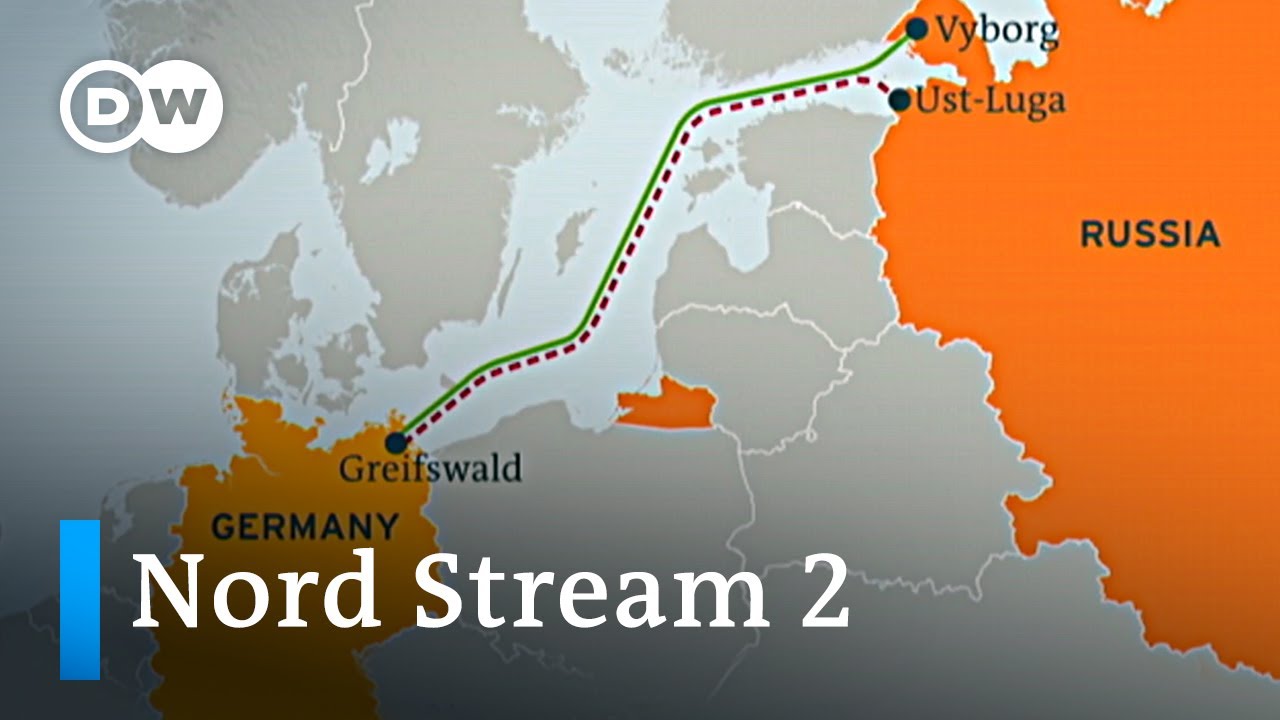Speaking to journalists in Moscow alongside Russia’s President Vladimir Putin, Merkel argued that that “sanctions are a wrong way to go.” Both leaders vowed that the gas pipeline project would be finished against all odds.
In December, the US State Department issued an ultimatum to European companies taking part in the project, threatening them with sanctions if they do not cease their work by January 20. The US argues that the project would harm the interests of Poland and Ukraine, who would lose billions of dollars in transit fees from Moscow, as well as limit Europe’s opportunities for energy supplies diversification.
Merkel dismissed this argument during a joint press conference with Putin, saying that “everyone” in Germany and in Europe “is interested in diversifying the gas supply and we are going to continue working in this direction” while still calling Nord Stream 2 a project of “utmost importance.”
It will be implemented no matter what. In the future, we will support the project as we did in the past.
Vladimir Putin assured journalists that Russia is fairly capable of finishing the project on its own “without involving any foreign partners.” He admitted that the pipeline construction schedule could be extended by a couple of months, though.
Either by the end of this year or early next year, the work will be finished and the pipe will be up and running.
He also said that Moscow “does respect the responsible position of the German authorities when it comes to Nord Stream 2 project.” Both leaders have been steadily supporting the project throughout the construction period, despite the pressure from the US.
Washington’s December ultimatum failed to change Moscow’s and Berlin’s attitude, although Swiss-Dutch construction company Allseas capitulated to the American intimidation and has halted operations in the Baltic Sea.
The US move was still met with condemnation not only in Berlin but in Brussels as well. The European Commission said at that time that it “strongly rejects” the American crackdown on EU companies, which had all the legal grounds to take part in the pipeline project.
